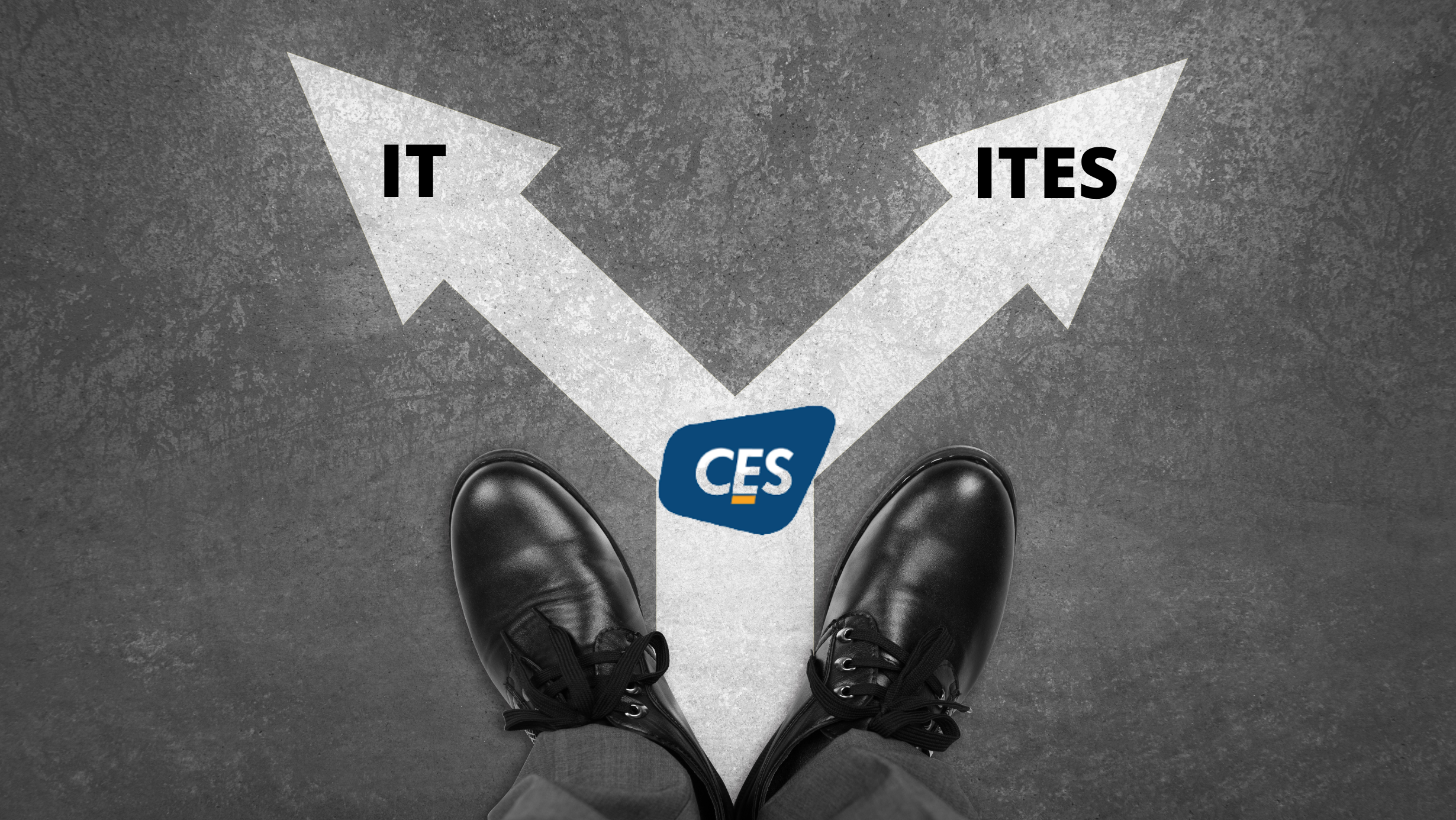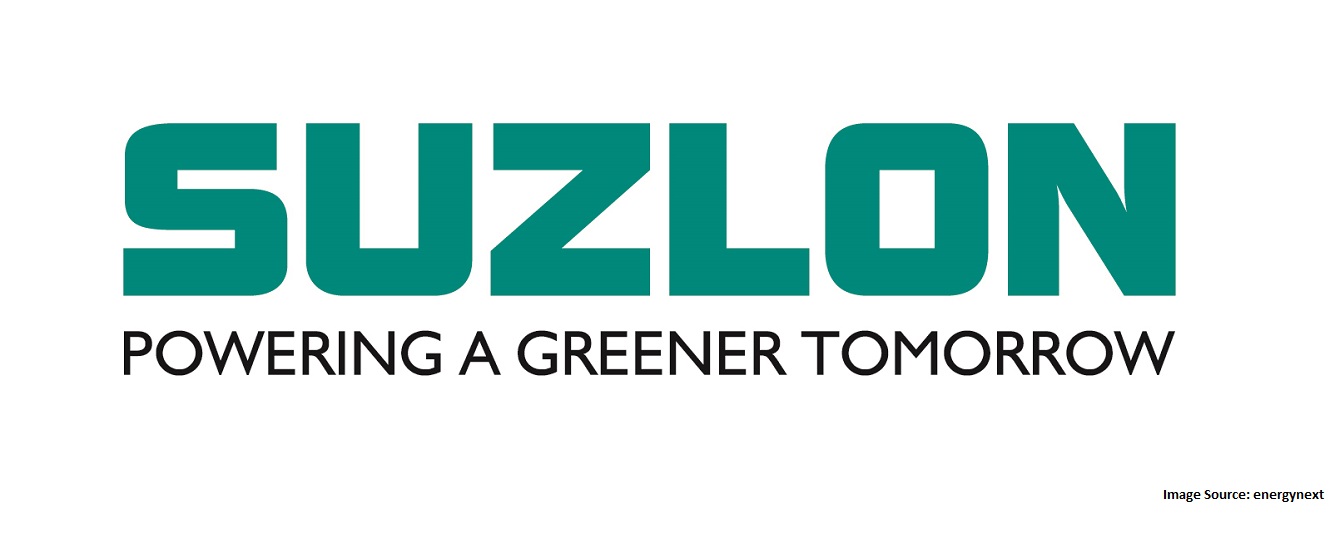Chinese banks are increasing their clout in financing international mergers and acquisitions.
The nation’s lenders were mandated lead arrangers on $19.9 billion of global syndicated loans for M&A this year, raising their share of that market to 4.4 percent from 0.9 percent in 2015, data compiled by Bloomberg show. While Bank of China Ltd. led, second-tier lenders have increasingly joined the fray. China Citic Bank International Ltd. helped helm a $12.7 billion loan in June backing China National Chemical Corp.’s purchase of Syngenta AG. China Merchants Bank Co. led a $3 billion loan in July for the privatization of formerly New York-listed Qihoo 360 Technology Co., Bloomberg data show.
Under Premier Li Keqiang’s “going out” policy, China Inc.’s deal-making ambition has driven the volume of outbound deals announced this year to $157 billion, already surpassing 2015’s full-year record of $109 billion. With investment opportunities sparse amid the country’s weakest economic expansion in a quarter century, Chinese banks are focusing more on cross-border lending.

Big Chinese companies face few opportunities for domestic investment at the moment, spurring demand for overseas M&A, according to Wei Hou, an analyst at Sanford C. Bernstein. in Hong Kong. Financing such deals overseas offers smaller Chinese banks an opportunity to grow, Wei said.
“Second-tier Chinese banks want to build up their investment banking arms,” said Jimmy Leung, China financial services leader at PricewaterhouseCoopers LLP in Shanghai.
While Chinese lending to international M&A is booming, the nation’s banks still have a long way to go. Even Bank of China, the most active in providing cross-border financing for such deals, still ranks 20th in global M&A lending as a mandated lead arranger with a 1.3 percent share of the market worldwide this year.
A spokeswoman at Shanghai Pudong Development Bank Co. said the lender has set up investment banking divisions in Hong Kong and a representative office in London and is seeking to set up branches in Singapore, London and Luxembourg. The overseas offices are designed to meet client demand for offshore businesses including FX hedging, interest rate management, and cross-border fund transfers, she said.

China Merchants opened a London branch to do wholesale banking in June. The lender established an M&A finance division within the investment banking department in June 2015, aiming to provide strategic advice along with just financing, according to a spokesperson. The lender rank rose 27 spots to rank no. 37 this year as a mandated lead arranger in global syndicated loans for M&A purposes.
China Merchants and CICC H.K. Finance provided up to HK$30.78 billion ($4 billion) to Chinese developer Dalian Wanda Group for the privatization of its Hong Kong-listed property unit, according to a May 30 filing. Shanghai Pudong Development Bank, Ping An Bank Co. underwrote $1.1 billion of financing for New WuXi Life Science’s $3.3 billion acquisition of Wuxi Pharmatech (Cayman) Inc., according to a statement in August last year. CICC didn’t respond to e-mails seeking comment.
Chinese banks can now move more quickly in cross-border M&A financing and are seeking underwriting fees rather than just offering their balance sheets, said Baldwin Cheng, a partner, and co-head of Asia banking & restructuring at White & Case in Hong Kong.
“International banks are participating less in the outbound financing for Chinese companies,” he said. “The majority of Chinese companies are using Chinese banks for the initial underwriting.”




